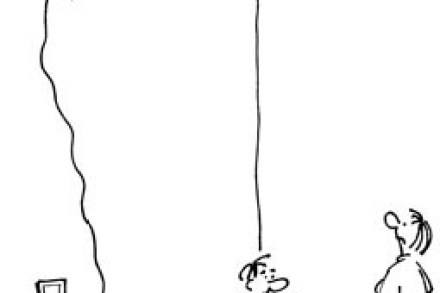The view from the nursery
More from BooksIt was a perpetual source of regret to me at the age of ten that my parents were so boringly agreeable. My attempts to persuade my friends that my father, in reality the mildest of men, was a violent sadist, who regularly whipped me with his cane while uttering the sinister words, ‘I’ve got Tickler














